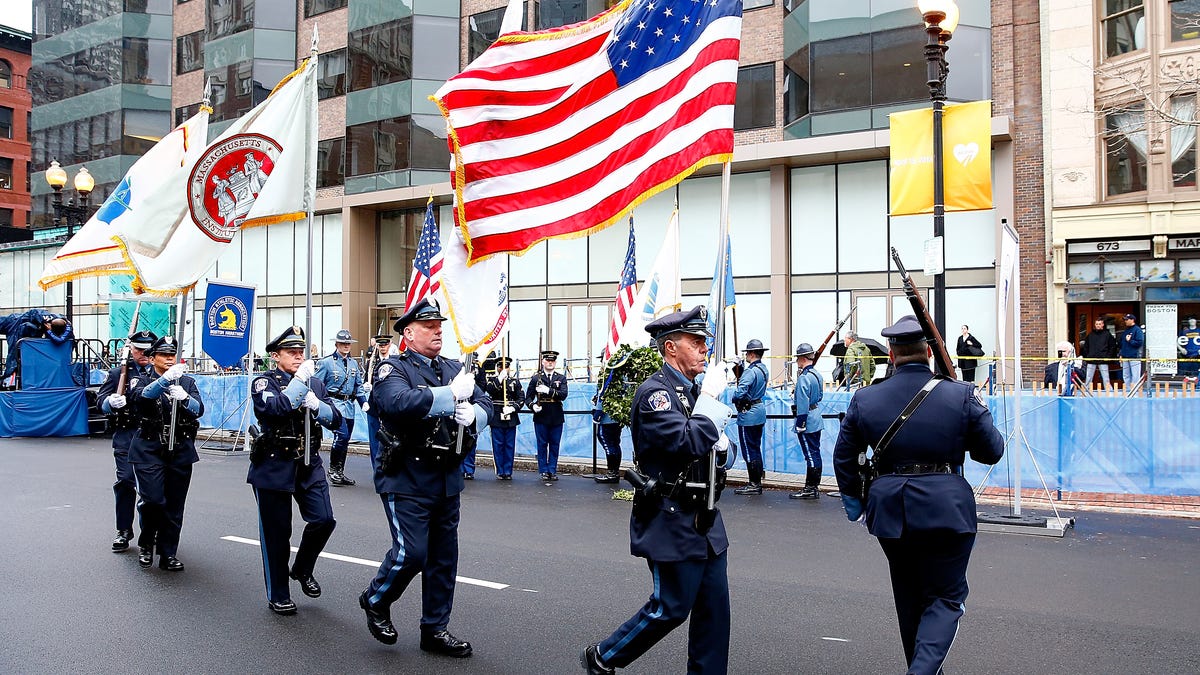Massachusetts Lawmakers Voted To Ban Police From Using Facial Recognition Tech - 2 minutes read
 Photo : Jared Wickerham / Staff ( Getty Images )
Photo : Jared Wickerham / Staff ( Getty Images )Massachusetts lawmakers voted on Monday to pass a police reform bill that would outlaw the use of facial recognition technology by police departments and other public agencies in the state.
Advertisement
The bill now heads to Massachusetts governor Charlie Baker for his signature.
Also banning the use of chokeholds and rubber bullets and limiting the use of chemical agents like tear gas, the bill was brought to the state legislature as part of a larger effort to address some of the systemic failures that led to the death of George Floyd, a black man killed in May after a Minneapolis, Minnesota, police officer knelt on his neck for more than eight minutes.
Advertisement
While the bill allows an exception for officers who want to run facial recognition searches against the state’s driver’s license database with a warrant, it also mandates that the state publish annual transparency figures on the number of searches made by officers.
In response to a wave of criticism aimed at facial recognition software’s inherent, human-imbued biases and its overwhelming tendency to disproportionately misidentify people of color, several cities across the U.S., including Oakland, San Francisco, and Boston, have moved to ban police from using it. Most recently, the Los Angeles Police Department issued a moratorium on the use of commercial facial recognition software in November after a Buzzfeed News investigation found that officers had performed nearly 475 searches over a three month period in 2019, which ra n contrary to claims by officials that the software was only being deployed “sparingly.”
But even as cities and municipalities are tamping down on the use of biometric surveillance, the software is proliferating at the federal level. Most notably, facial recognition software maker Clearview AI secured an ongoing contract with U.S. Immigration and Customs Enforcement in August, which means the punitive agency will have access to a database built on billions of photos scraped from the public web.
Source: Gizmodo.com
Powered by NewsAPI.org